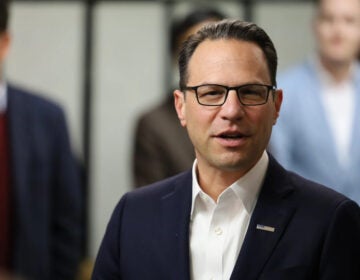U.S. Supreme Court upholds Arizona anti-illegal immigration law, and sets a marker for future rulings.
No, it wasn’t “SB 1070”, the other Arizona statute challenged by the Obama administration, for which appeal is still pending. This case involved a different Arizona statute requiring that employers use electronic verification, a system known as “E-Verify”, whenever they hire workers to confirm that they are authorized to work. And if the employers don’t do so, they run the risk of losing their business licenses for hiring undocumented persons.
In upholding the “Legal Arizona Workers Act”, the majority of the justices held that federal immigration law does not either expressly or impliedly pre-empt Arizona from enacting and enforcing its own law aimed at the same purpose as the federal law, preventing the employment of unauthorized persons. The Supreme Court majority also rejected the argument that the statute would encourage employers to discriminate, finding that federal and state antidiscrimination laws provide strong incentive against discrimination.
This decision was the first since 1976 by the U.S. Supreme Court on the specific issue of pre-emption of state laws by federal immigration law. In the earlier case, cited by the Court in its new opinion, a California statute was upheld against claims of pre-emption by federal immigration law.
The majority decision in this case suggests how the justices may analyze SB1070 and other efforts by states to deter illegal immigration prohibited by federal immigration law. The majority opinion by Chief Justice Roberts was supported by Justices Alito, Kennedy, Scalia, and Thomas. Justices Breyer, Ginsburg, and Sotomayor dissented. Justice Kagan did not participate. The majority and dissenting opinions can be read here.
WHYY is your source for fact-based, in-depth journalism and information. As a nonprofit organization, we rely on financial support from readers like you. Please give today.




